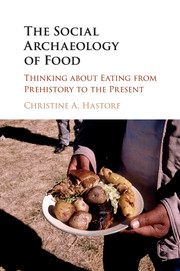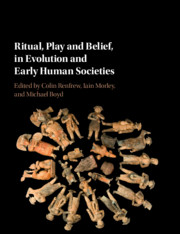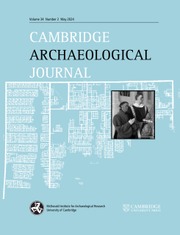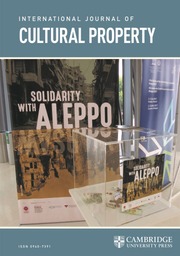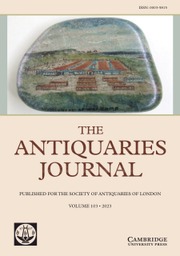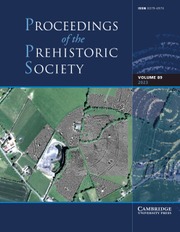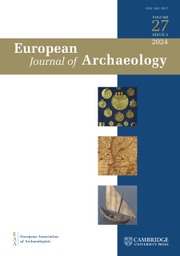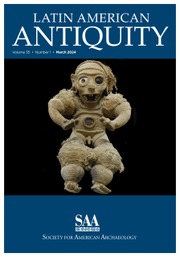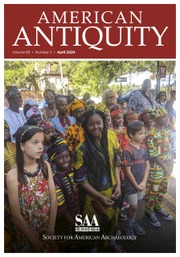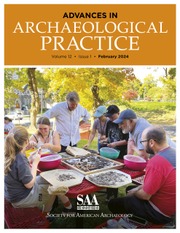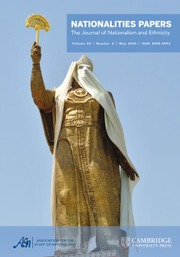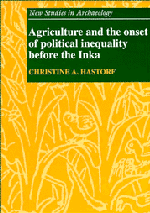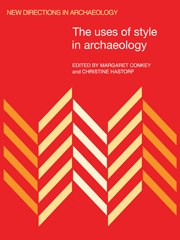The Social Archaeology of Food
Thinking about Eating from Prehistory to the Present
$46.99 (C)
- Author: Christine A. Hastorf, University of California, Berkeley
- Date Published: February 2018
- availability: Available
- format: Paperback
- isbn: 9781316607251
$
46.99
(C)
Paperback
Other available formats:
Hardback, eBook
Looking for an examination copy?
If you are interested in the title for your course we can consider offering an examination copy. To register your interest please contact collegesales@cambridge.org providing details of the course you are teaching.
-
This book offers a global perspective on the role food has played in shaping human societies, through both individual and collective identities. It integrates ethnographic and archaeological case studies from the European and Near Eastern Neolithic, Han China, ancient Cahokia, Classic Maya, the Inka and many other periods and regions, to ask how the meal in particular has acted as a social agent in the formation of society, economy, culture and identity. Drawing on a range of social theorists, Hastorf provides a theoretical toolkit essential for any archaeologist interested in foodways. Studying the social life of food, this book engages with taste, practice, the meal and the body to discuss power, identity, gender and meaning that creates our world as it created past societies.
Read more- Uses food as an entry into studies of the past - the interest in the archaeology of food is a rapidly expanding focus in all disciplines and in the public eye, and this book solidly addresses this topic
- Provides a theoretical exposition of past and present social life using food as the key
- Includes rich examples from the ethnographic and archaeological record, introducing the reader to essential bodies of social theory through food
Awards
- Winner, 2017 Choice Outstanding Academic Title
Customer reviews
Not yet reviewed
Be the first to review
Review was not posted due to profanity
×Product details
- Date Published: February 2018
- format: Paperback
- isbn: 9781316607251
- length: 418 pages
- dimensions: 230 x 155 x 24 mm
- weight: 0.62kg
- contains: 26 b/w illus. 2 maps
- availability: Available
Table of Contents
1. Introduction: the social life of food
Part I. Laying the Groundwork:
2. Framing food investigation
3. The practices of a meal in society
Part II. Current Food Studies in Archaeology:
4. The archaeological study of food activities
5. Food economics
6. Food politics: power and status
Part III. Food and Identity: The Potentials of Food Archaeology:
7. Food in the construction of group identity
8. The creation of personal identity: food, body and personhood
9. Food creates society.
Sorry, this resource is locked
Please register or sign in to request access. If you are having problems accessing these resources please email lecturers@cambridge.org
Register Sign in» Proceed
You are now leaving the Cambridge University Press website. Your eBook purchase and download will be completed by our partner www.ebooks.com. Please see the permission section of the www.ebooks.com catalogue page for details of the print & copy limits on our eBooks.
Continue ×Are you sure you want to delete your account?
This cannot be undone.
Thank you for your feedback which will help us improve our service.
If you requested a response, we will make sure to get back to you shortly.
×
